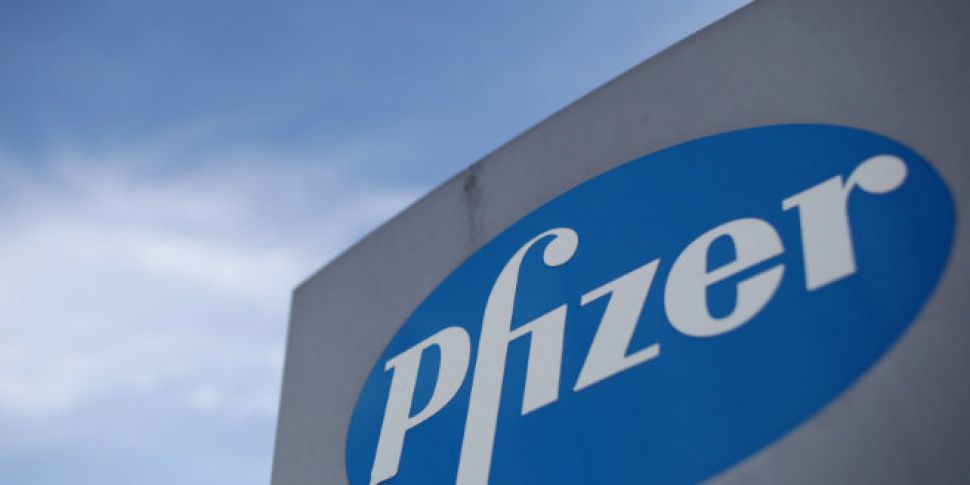UK regulators have ordered two pharmaceutical firms to pay a record penalty, accusing them of overcharging the NHS through a 2,600% overnight drug price hike.
The Competition and Markets Authority (CMA) said it had imposed a £84.2m fine on manufacturer Pfizer and a £5.2m fine on distributor Flynn Pharma.
It declared each "broke competition law by charging excessive and unfair prices" in the UK for phenytoin sodium capsules, an anti-epilepsy drug, used by 48,000 patients who could not switch to alternative medication for fear it would trigger seizures.
US firm Pfizer, best-known as the maker of Viagra, told Sky News it disputed the findings while Flynn also said it intended to appeal.
The regulator's investigation found prices were raised by up to 2,600% after the drug, once known as Epanitin, was "deliberately" de-branded in September 2012 when Stevenage-based Flynn bought the UK distribution rights from Pfizer.
It meant that because the drug was now generic it was no longer subject to price regulation.
The CMA said the amount the NHS was charged for 100mg packs of the drug rocketed from £2.83 to £67.50, before coming down to £54 from May 2014.
It meant, the watchdog said, that NHS expenditure on phenytoin sodium capsules rose from about £2m a year in 2012 to about £50m in 2013.
"The prices of the drug in the UK have also been many times higher than Pfizer's prices for the same drug in any other European country," the statement said.
Pfizer said it would appeal "all aspects" of the ruling.
Its response said: "Phenytoin capsules were a loss-making product for Pfizer and the Flynn transaction represented an opportunity to secure ongoing supply of an important medicine for patients with epilepsy, while maintaining continuity of manufacture.
"When Flynn launched its product, the company set a price that was between 25 and 40% less than the price of the equivalent medicine from another supplier to the NHS which had long been regulated, and appeared to be acceptable to, the Department of Health."
Flynn Pharma accused the CMA of having a "wholly flawed understanding" of the UK market.
Its chief executive, David Fakes, said: "We believe that left unchallenged, the CMA's decision today would stunt investment in generics, eventually leading to a reduction in supply and less choice for doctors and patients."
Both firms have been given up to four months by the CMA to reduce their prices, to ensure there is no risk to the supply of the drug to patients who rely on it.
They are not the first to face similar action - GlaxoSmithKline was among firms hit with a £45m penalty in February after a "pay-to-delay" scandal surrounding the anti-depressant drug Seroxat.
IRN









